For decades Australia sold its soul to the Chinese Communist Party (CCP) in exchange for getting rich on trade.
The recently signed AUKUS treaty represents a major foreign policy pivot born of an Australian awakening from self-imposed blindness about the CCP and a recognition that Australians have seen China through rose-tinted glasses for too long.
Both AUKUS and the Quad alliances signal a realisation that the costs of allowing China to become Australia’s leading trading partner were too high.
But Prime Minister Scott Morrison’s policy shift is not just about China. It is a change that reveals two different prime ministerial visions of Australia and its place in the world.
To use journalist David Goodhart’s terminology, we are witnessing a shift from Paul Keating’s “anywhere” (globalist and internationalist) vision to Morrison’s “somewhere” (Australia-rooted) vision.
Goodhart’s book, “The Road to Somewhere,” states that “anywhere” people see themselves as global citizens of the world who are happy to live anywhere. Therefore, they are not interested in the sovereignty of their own countries and will happily hand over control to multilateral organisations like the United Nations and weaken their own borders.
Further, their identities are not acquired from embeddedness in national communities (Australia) or local communities (Brisbane or Sydney). Instead, “anywheres” learn their shared globalist identities from education and passing exams. These identities are often entangled with internationalist causes—to help “victims”—and a strong need to be seen to have “tolerance” of others. As a result, “anywheres” will happily throw open their borders to mass immigration to demonstrate they are not bigoted.
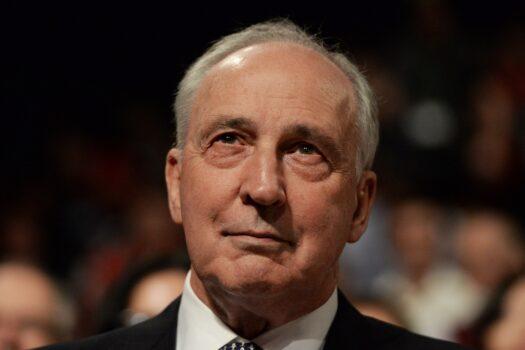
“Somewheres,” on the other hand, have identities that are rooted in their local communities and countries. They identify with their own nations’ traditions, institutions, and values and care about loyalty, authority, and the sacred.
“Somewheres” not only see themselves as first and foremost rooted in their own societies, but they also care about faith, flag, and family. Consequently, “somewheres” are prepared to negotiate deals with other like-minded countries but will not give up their sovereignty.
Similarly, “somewheres” will also resist open borders and mass immigration because these are seen as a potential threat to their own cultures and sovereignty.
Former Australian Prime Minister Paul Keating was a classic “anywhere” globalist who worked hard to try and realign Australian thinking.
At heart, Keating seemed embarrassed by his own country and culture. He disliked Australia’s Anglo heritage and British imperial past. For this reason, he proposed that Australians should turn their back on this heritage in favour of seeing themselves as a nation belonging to the “anywhere” Asia.
And so, in the decades during and after Keating’s prime ministership, globalisation, mass migration, and multiculturalism became the yay words pushed by the Australian media.
Keating’s reorientation of Australia raised three concerns.
Second, following Keating, Australians became obsessed with pivoting towards Asia and building Asian trade. This gave rise to a curious “Asian cringe” in which Australians fell over themselves to try and please the CCP rulers of China. Australian “somewheres” watched their fellow Australians became embarrassingly obsequious in their attempt to be liked by Asian leaders.
The business sector continually reminded politicians and media pundits that growing the economy meant pleasing China. Similarly, teachers and academics taught Australians that their economic future lay in Asia.
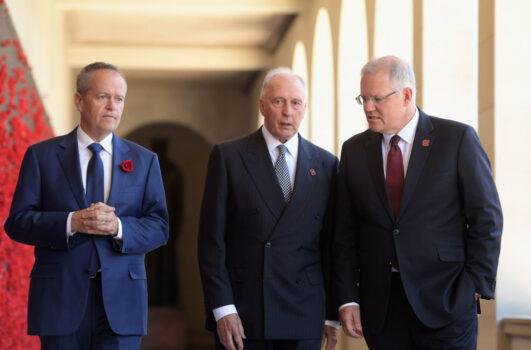
Anyone raising concerns about Australia’s over-dependence on Chinese trade, or criticising how Australian universities were at increasing risk due to a reliance on Chinese students, or even questioning Australia’s mass migration policy, would be scolded for being “racist.”
Ultimately this Asia pivot was catastrophic for Australia because although relocating factories to China may have resulted in cheaper goods, this simultaneously turned China into an industrial giant. Moreover, the failure to think through such unintended consequences led to Australians accidentally giving the CCP the resources with which to build their military that now threatens to bite.
Third, from the Hawke-Keating government (1983 to 1996) onwards, Australia rolled out a mass education system that propagated the concept of appeasing China, plus the notion that Australians should be embarrassed and apologetic about its colonial past.
The irony is that Keating’s constant criticism of Australians and pandering to their British cousins—and pushing the education system to drop this position—was instead, replaced with an Asian pandering.
By the time Morrison became prime minister, Australians would find themselves hopelessly dependent upon trade with China. If that was not bad enough, China was ruled by a communist regime that behaved aggressively and began demonstrating signs of an expansionist power.
Morrison, though has chosen the United States, and in turn, democracy and freedom.
Morrison’s refusal to kowtow to the CCP despite immense pressure shows he has pivoted away from two features of the Australia that Keating worked to create.
First, Morrison has led Australians away from Keating’s Asian pandering.
Second, he has demonstrated that he thinks like a “somewhere” by doing deals that benefit Australia’s national interest, including AUKUS and the Quad.
Looking at these deals, one notes that Prime Ministers Scott Morrison, Boris Johnson (United Kingdom), Narendra Modi (India), and now retired Yoshihide Suga (Japan) all fought and won “somewhere” elections. No wonder Keating is unhappy with this new-look Australia.
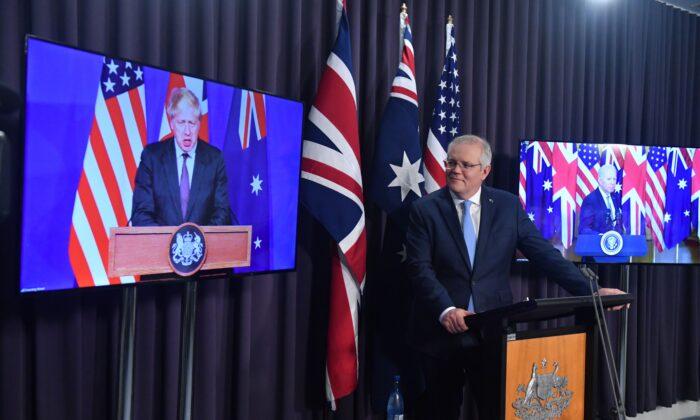

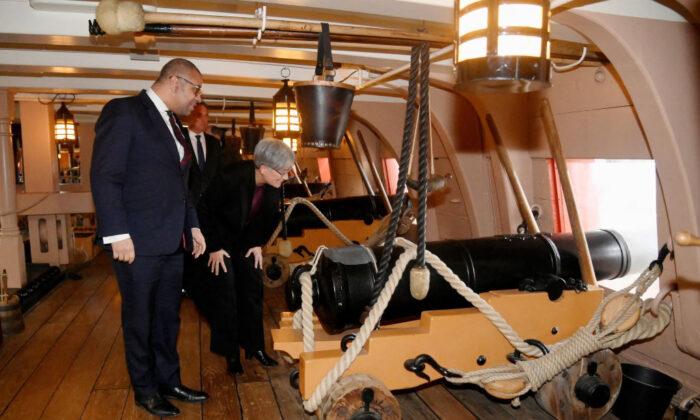
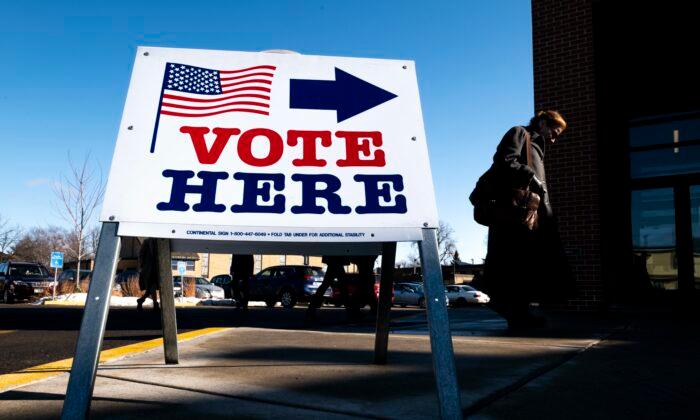
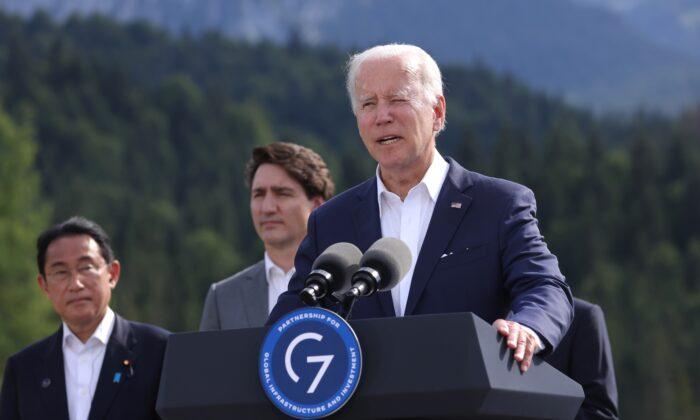
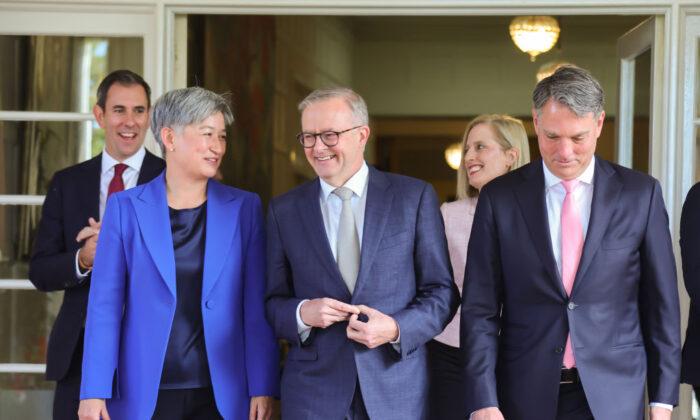
Friends Read Free